It doesn't get better than Rembrandt, Hals, and the artists of the Dutch Golden Age.
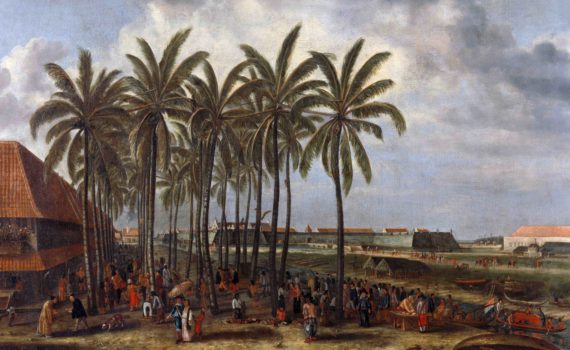
Andries Beeckman, The Castle of Batavia and Dutch colonialism
Andries Beeckman's landscape painting with the so-called Castle of Batavia (in what is today Jakarta, Indonesia) highlights Dutch prowess and strength during their ascension to colonial power in the seventeenth century.
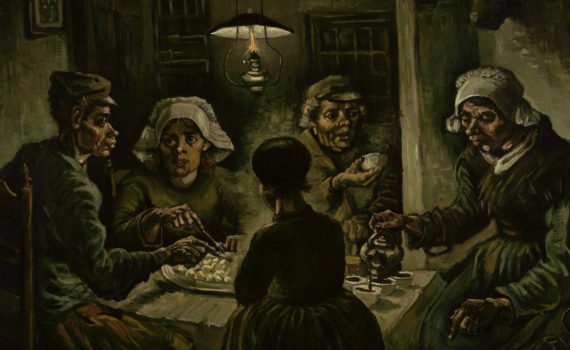
Vincent van Gogh, The Potato Eaters
What should a peasant painting smell like? Van Gogh has an opinion...
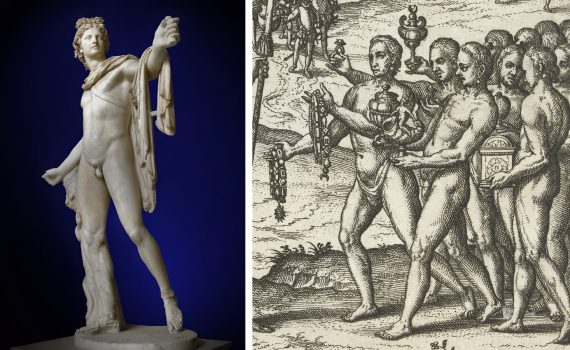
Inventing “America” for Europe: Theodore de Bry
De Bry's images of the Americas affirm and assert a sense of European superiority.
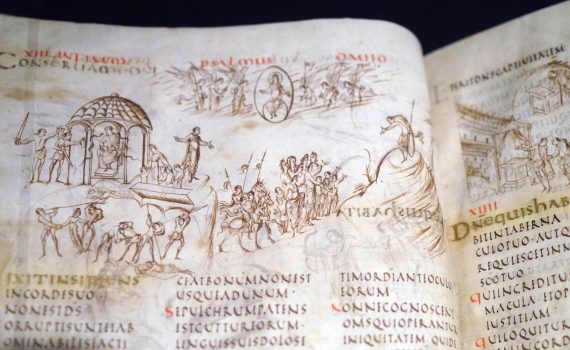
The Utrecht Psalter and its influence
Expressive, emotional, and energetic, the Utrecht Psalter is not what you expect in a book written 1200 years ago.
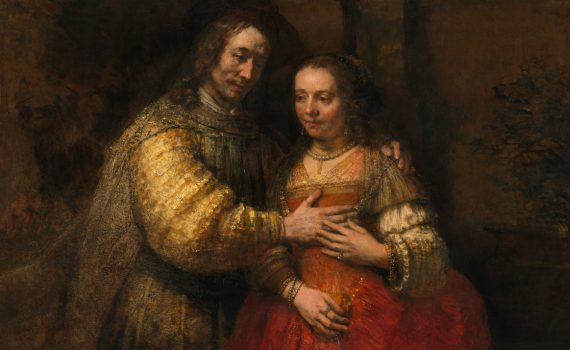
Rembrandt, The Jewish Bride
With its almost sculptural surface and dazzling range of textures, this painting once reduced van Gogh to tears.
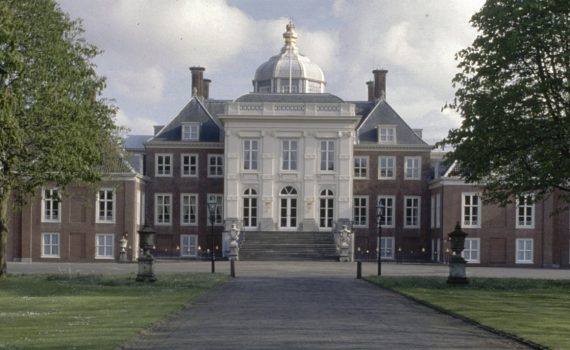
Huis ten Bosch (House in the Woods)
Built for nobility and now home to royals, this palace has a checkered past. It held art, then political prisoners.
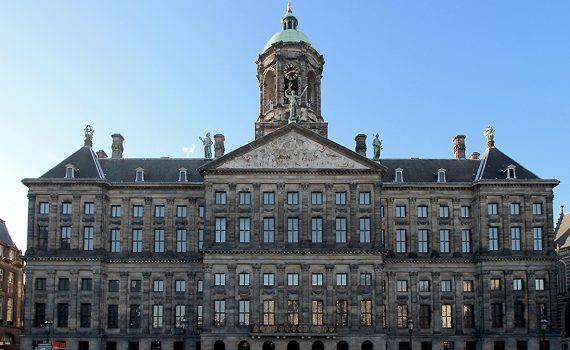
The Town Hall of Amsterdam
Is this the eighth wonder of the world? Amsterdam’s leaders thought so—their hall contains a universe in miniature.
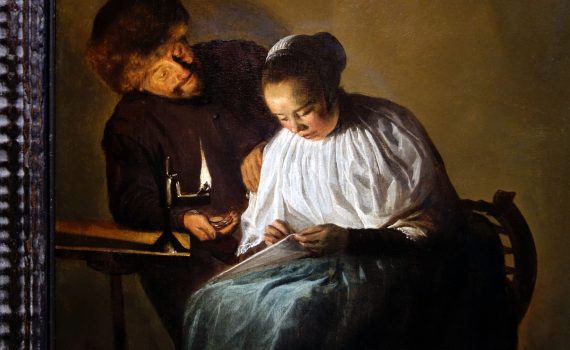
Judith Leyster, The Proposition
Virtue, or vice? This seated woman is an icon of domesticity, but the man’s money may tempt her away from work.
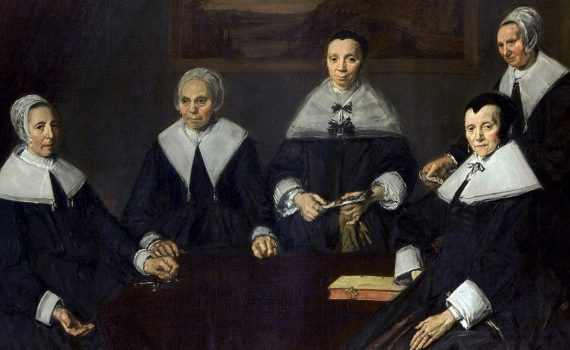
Frans Hals, The Women Regents
The subjects appear quiet and austere, yet Hals’s expressive use of paint animates this group portrait.
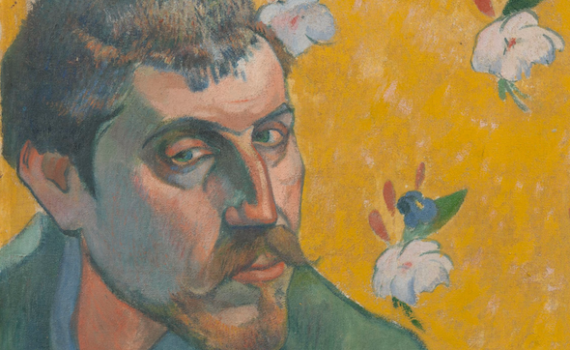
Gauguin, Self-Portrait with Portrait of Émile Bernard (Les misérables)
These self-portraits were swapped like friendship bracelets among Gauguin, Bernard, and their buddy Van Gogh.
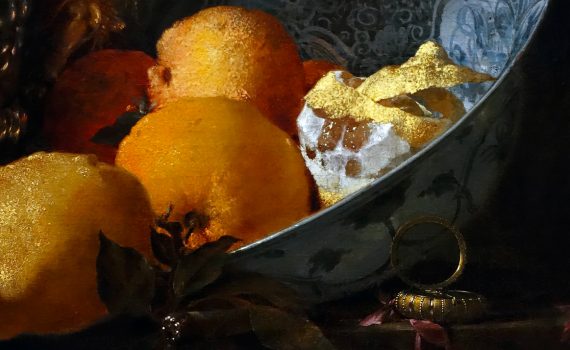
Willem Kalf, Still Life with a Silver Ewer
Kalf celebrates the fruits of life but reminds us of our mortality. The light—and his technique—are otherworldly.
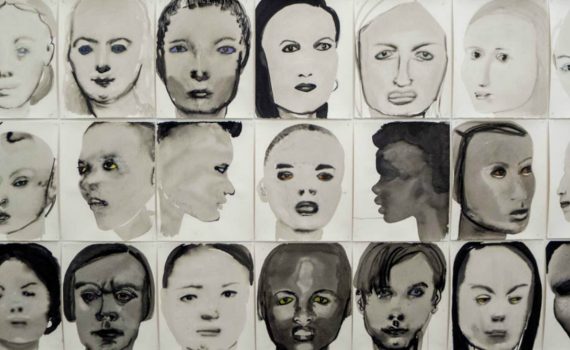
Marlene Dumas, Models
Dumas paints from photographs, and deliberately makes her pictures strange, unsettling, and ugly.

